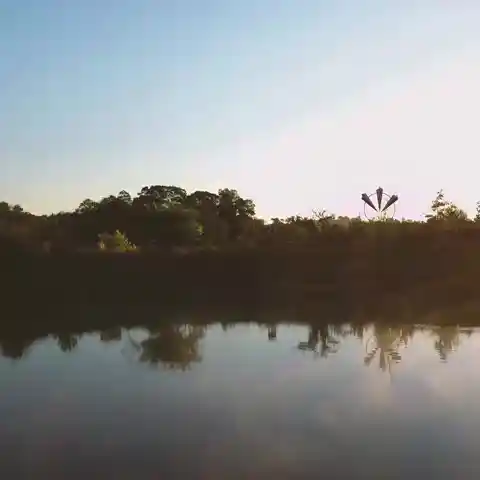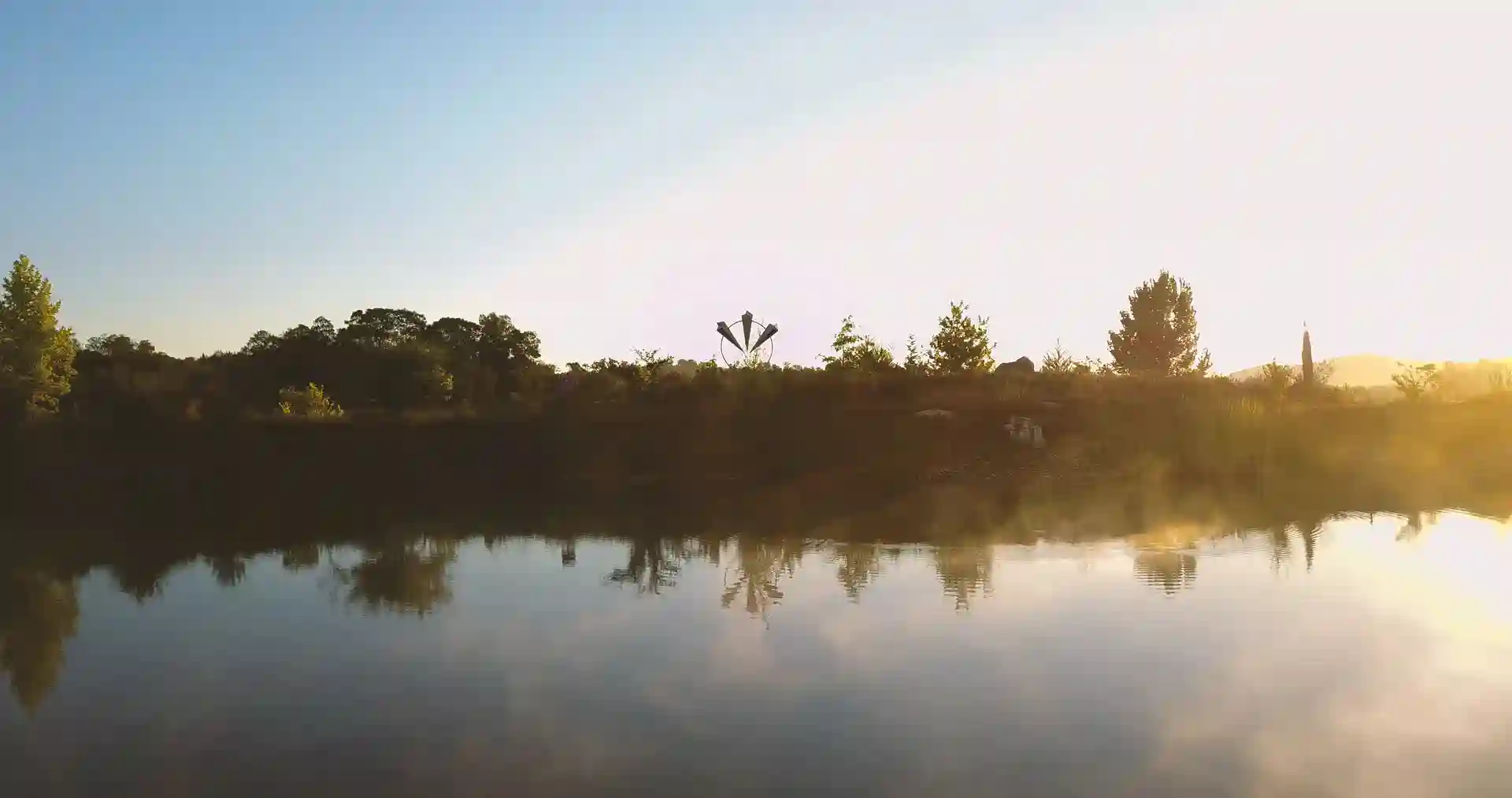
ONLINE COURSE: Rainwater Management – Change Climate Change
The regeneration of the water cycle is an essential factor in the endeavor to reverse climate change. This intricate system plays a multifaceted role in maintaining global temperature equilibrium, mitigating extreme weather events, and regulating carbon distribution. By reenforcing the water cycle’s natural mechanisms through reforestation, wetland preservation, and sustainable water management, we not only foster increased water availability for ecosystems and human populations, but also enhance its vital function as a carbon sink. The restoration of the water cycle holds the potential to harmonize Earth’s climate patterns, counteracting the adverse effects of greenhouse gas emissions and catalyzing a restorative trajectory for our planet’s environmental stability.
Our online course will provide you with a solid foundation in the basic principles of rainwater management and a range of practical water-management measures that can be applied across various contexts against drought and in preventing floods. Theory lessons are complemented by on-site videos showing examples of how principles are put into practice in various case studies from southern Portugal.
Our introduction video provides an overview of the course:
Read the video transcript
Thomas Lüdert: My name is Thomas Lüdert. I’m trained as a landscape Gardener and tree worker, and lived here in Southwest Portugal in Tamera since more than 20 years, and worked as a landscape engineer for water retention landscapes.
Thomas: Here we have quite heavy rains in winter, and floodings also, but always very hot summers and drought. Even wildfires. The land is drying out and in danger of desertification. Global climate change makes a situation even worse. However we experienced that this situation can be changed relatively easy, with the knowledge of the natural rainwater cycles. And with the implementation of appropriate measures we could show that it is possible here in Tamera all around in the neighbourhood, and on several consultations worldwide to create lush landscapes without drought and without floodings.
Thomas: From this knowledge we now created a comprehensive online course where you can learn how and why this is possible how this looks like in practice and how also your land can flourish. And at the same time contribute to change climate change. We would like to invite you to join the online course Rainwater Management which we now will briefly present to you:
Thomas: Through the seven sections of the course you will learn about the essential concept of the natural water cycle and how these Cycles have been disrupted and broken. We are here with a wish to show how this picture can be restored. We will guide you through a variety of possible rainwater management measures. We will show you how different rainwater retention measures work to help infiltrate rainwater into the earth. How practically they can be built and how they can be integrated in a final master plan. We will visit several real life projects in southern Portugal where water retention measures are being applied. We’ll meet the project owners and we’ll show you concrete examples and give you detailed explanations of the measures that have been applied there. There we are on our other type of terraces which are counter inclinated. Taking you all the way from theory to practice. I hope to see you soon in the course!
Language
English
Cost
Sliding scale from €50–€300
Why are we using a sliding scale?
To enquire about further reductions, especially for Portuguese nationals and people from the Global South, please fill out our application form and wait for our reply.
Time Commitment
More information in the event description below.
Program Details
Join us for an interactive learning adventure, drawing on our experience in the following fields:
- Natural Water Cycles: Disruption and Restoration
- Basic Planning: Inventory
- Basic Rainwater Retention Measures
- Implementation of Basic Measures
- Rainwater Retention Basins (Lakes)
- Master Planning
The course incorporates study material and interviews with ecology specialists from Tamera and the surrounding region, interactive study assignments and an online platform to share insights and engage with fellow participants.
Time Commitment
You can distribute your study time as you want. We recommend at least 6 hours a week for 3 weeks to take part in the course in an active way at a good pace. The minimum amount of time you’ll need to go through the course content without interacting and contributing is around 8 hours.

